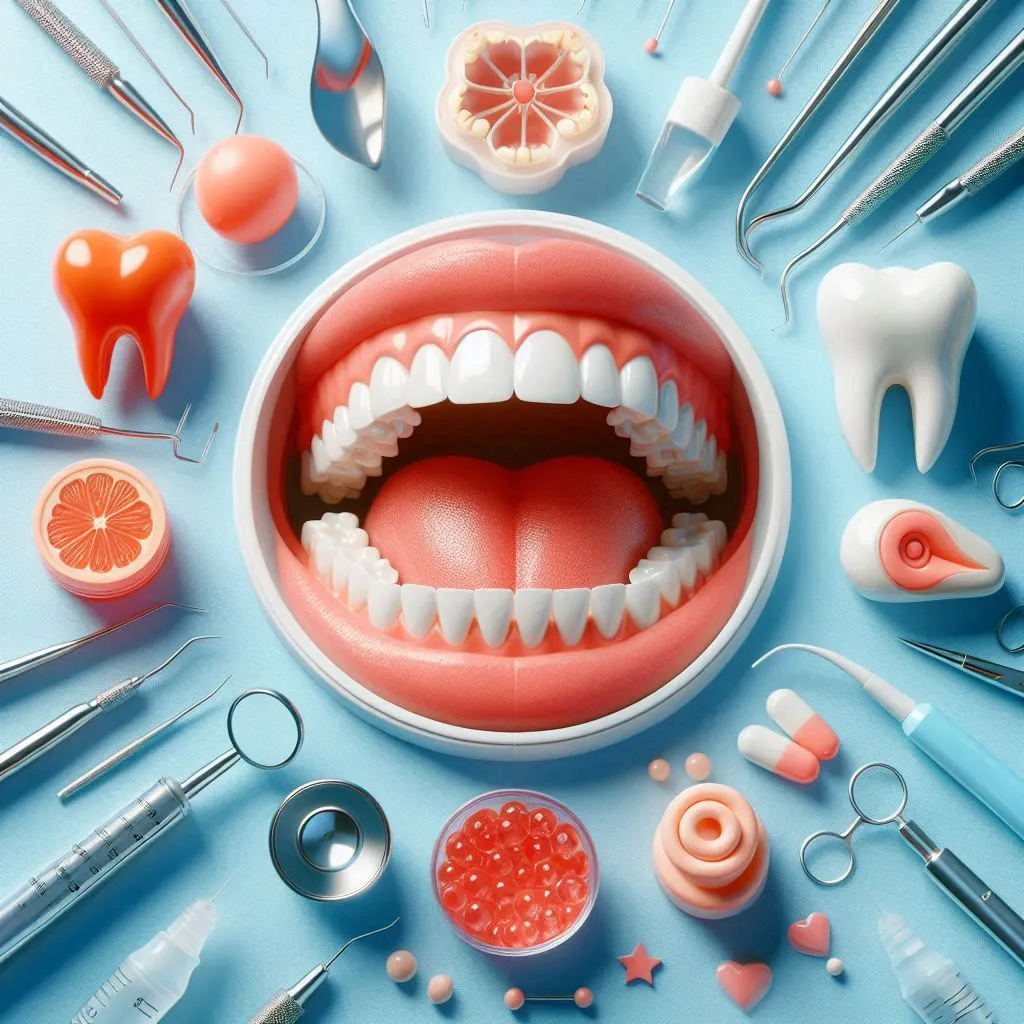Useful Information for Oral, Dental, and Maxillofacial Surgery Treatments
Oral, dental, and maxillofacial surgery is a specialized field of dentistry focused on diagnosing and treating a wide range of conditions affecting the mouth, teeth, jaws, and face. This includes procedures such as the removal of impacted teeth, extraction of wisdom teeth, treatment of abscesses, cysts, and tumors, and jaw fracture repairs. Additionally, it covers dental implant placement under local or general anesthesia, providing both functional and aesthetic restoration.
Pre- and Post-Surgery Precautions for Tooth Extractions and Implants
It is crucial to inform your dentist if you have any chronic illnesses (like hypertension, diabetes, or heart disease) or if you’re allergic to medications. Special care must be taken regarding the use of blood-thinning medications, such as aspirin or anticoagulants, as these can impact clotting and healing during and after surgery. Your dentist will provide specific guidance about when to stop these medications prior to the procedure.
Before Surgery:
•Adhere to any prescribed medications leading up to your procedure.
•Refrain from smoking or drinking alcohol at least 24 hours before surgery to ensure better outcomes.
After Surgery:
1.Avoid Disturbing the Surgical Area: After tooth extraction, refrain from rinsing your mouth on the same day, as this can interfere with clot formation, which is critical for healing.
2.Gauze Use: Keep the gauze over the extraction site for the recommended period and avoid replacing it unnecessarily. This minimizes the risk of disturbing the clot.
3.Manage Bleeding: Light bleeding or oozing is normal after surgery. If you experience significant bleeding, bite down on a sterile gauze for 30 minutes. If it persists, contact your dentist immediately.
4.Diet: Avoid eating for at least 2 hours post-surgery. Stick to soft, cold, or room-temperature foods during the first 48 hours to prevent irritation or accidental injury to the site.
5.Pain Management: Pain is a common post-surgery occurrence. Follow your dentist’s recommendations for pain relievers but avoid aspirin, as it can interfere with blood clotting. If pain becomes unmanageable, consult your dentist.
6.Cold Compress: To prevent facial swelling, apply cold compresses for the first 12 hours after surgery. This should be done in intervals of 15 minutes with 5-minute breaks in between.
7.Oral Hygiene: You can resume normal oral hygiene routines 24 hours after surgery. However, be gentle, especially around the surgical site.
8.Stitches Care: If sutures were used, they typically need to be removed within 7-10 days. Avoid touching them with your tongue, and follow your dentist’s oral hygiene instructions to prevent infection.
Signs of Complications:
Contact your dentist if you notice prolonged swelling, pain, bleeding that lasts more than 24 hours, or if you detect a bad taste or odor. These could be signs of infection or complications.
By following these guidelines carefully, you can minimize the risks associated with oral surgery and promote faster, more effective healing. Always follow the personalized advice of your dentist, and make sure to keep all follow-up appointments to monitor your recovery.

